00:45
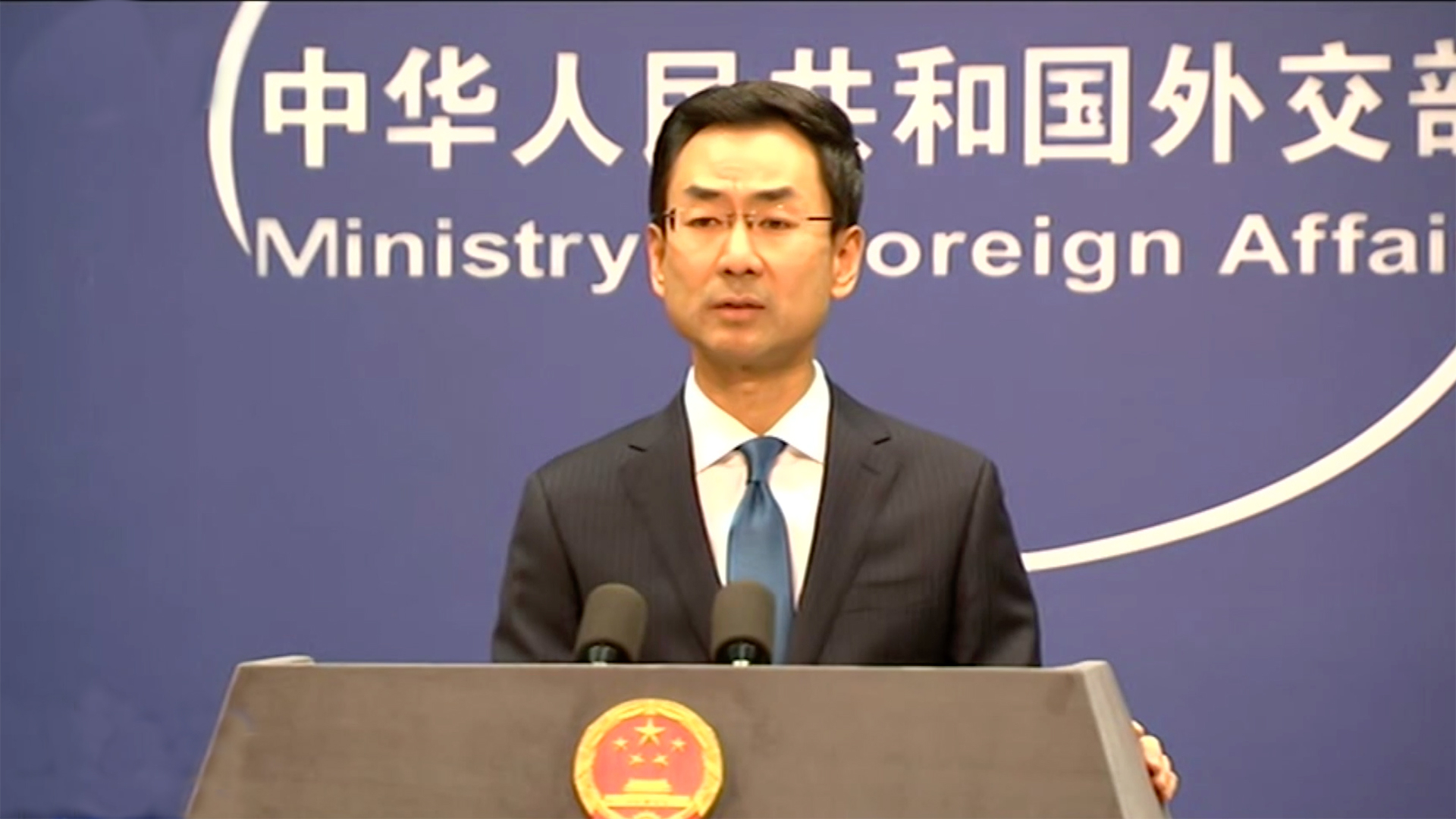
The Chinese Foreign Ministry warned the U.S. of the consequences of China's countermeasures if it continues to "act arbitrarily" in regards to Hong Kong after U.S. President Donald Trump's signed the so-called Hong Kong Human Rights and Democracy Act of 2019 into law on Thursday.
Read more:
Trump approves legislation backing Hong Kong protesters: White House
The ministry condemned in a statement that the act is a gross interference in China's internal affairs, a gross violation of international law and basic norms governing international relations, and a naked act of hegemony, which the Chinese government and people firmly oppose.
The statement strongly urges the U.S. not to implement the bills, warning the move may influence bilateral cooperation in major areas.
00:46
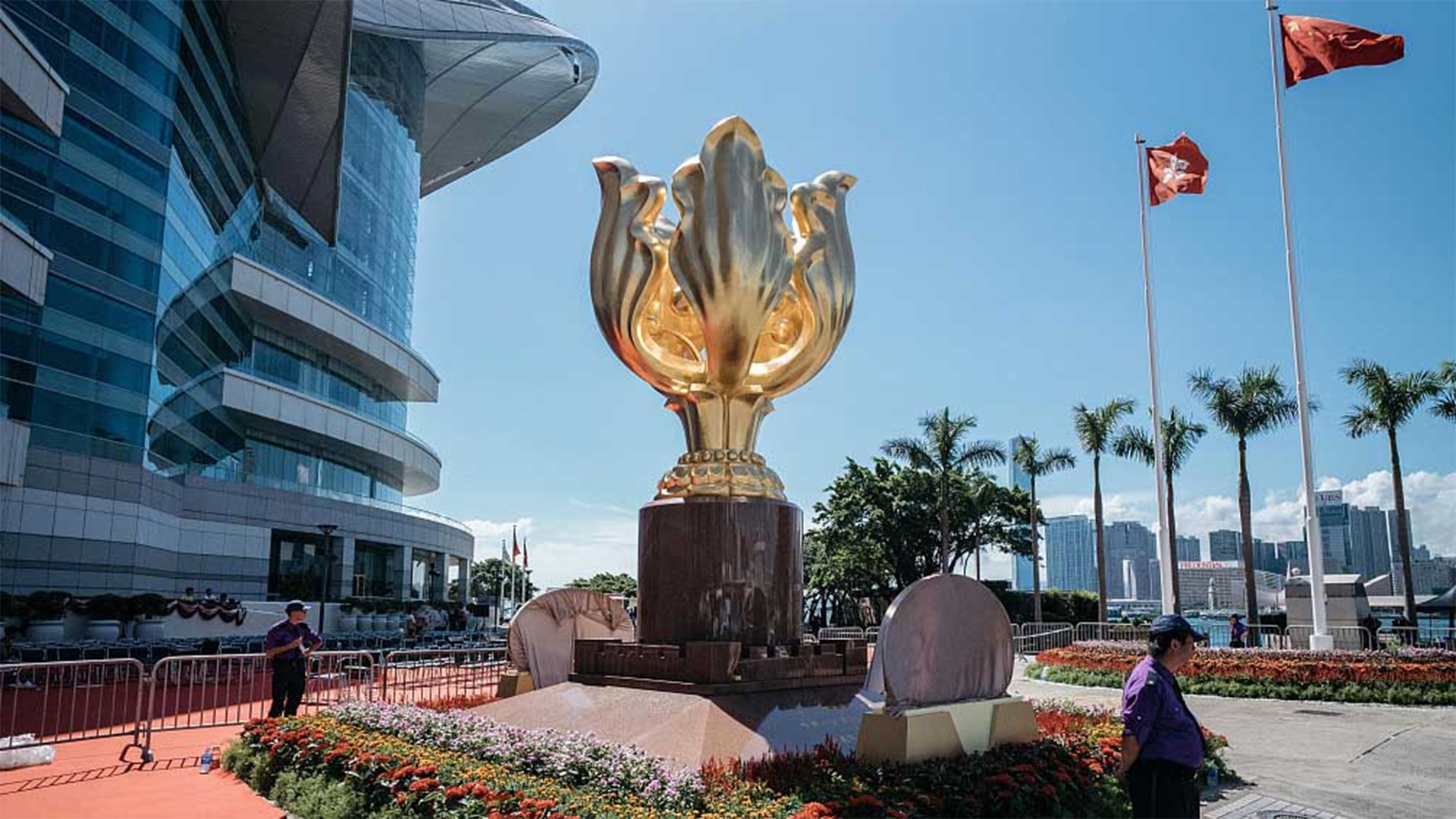
"The 'One Country, Two Systems" principle has achieved success since Hong Kong's return, and Hong Kong residents have enjoyed unprecedented democratic rights in accordance with the law," the statement stressed, adding that U.S. efforts to sabotage the principle were "doomed to fail".
Read more:
Carrie Lam: Local elections showcase good human rights situation in HK
China is determined to safeguard its sovereignty, security and interests, said the statement.
The government of Hong Kong Special Administrative Region (HKSAR) Thursday also expressed its "strong opposition and disappointment" towards the act.
In a media release issued Thursday morning, the HKSAR government said the two bills, which count as meddling in Hong Kong affairs, were "unnecessary and unwarranted" and would harm the U.S.-Hong Kong relations and common interests.
Democratic Alliance for the Betterment and Progress of Hong Kong Thursday pointed out the long-lasting radical violent actions happened in Hong Kong which seriously harmed public security, trampled the rule of law and damaged Hong Kong's prosperity and stability, have severely challenged the bottom line of "One Country, Two Systems."
It condemned the U.S. of supporting the rioters and fueling the tensions, demanding the U.S. to stop interfering with Hong Kong affairs and push forward the trade relations with Hong Kong.
The U.S. move also aroused the strong condemnation of China's other departments.
01:01
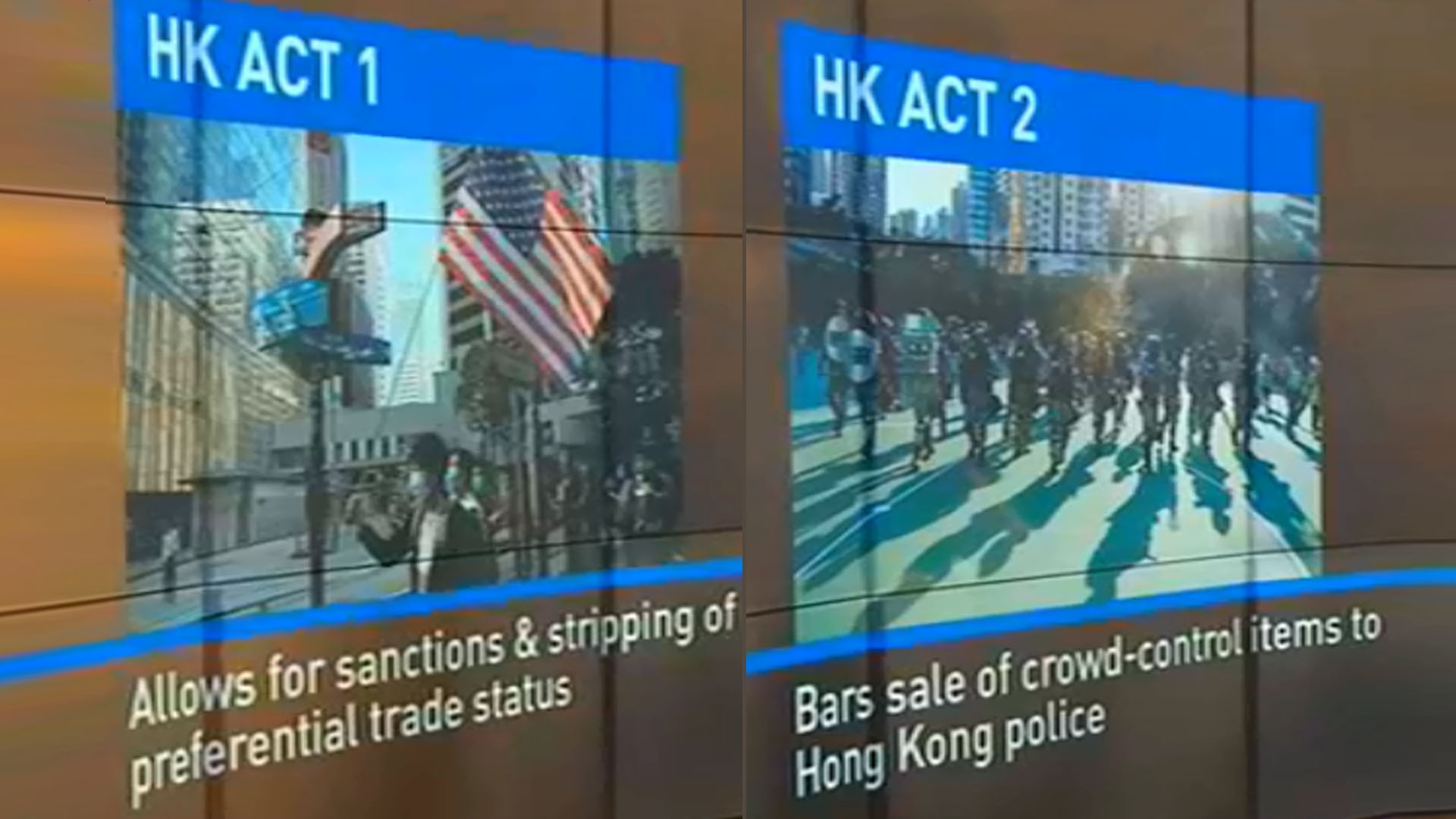
The bills were passed by the U.S. House of Representatives last Wednesday and by the Senate a day before.
Since the bills' passage in U.S. Congress, China has responded with solemn representations against the United States. It summoned William Klein, the acting charge d'affaires of the U.S. Embassy in Beijing, and expressed "strong condemnation" for Washington's meddling in China's internal affairs.
Chinese Foreign Minister Wang Yi said those bills aim to mess up and even destroy Hong Kong and the U.S., by introducing such acts, has violated basic norms governing international relations.
China has previously warned strong countermeasures if the bills became laws.
Read more:
HKSAR government, Chinese Foreign Ministry condemn U.S. Congress's HK bills
China summons U.S. ambassador, makes solemn representations over U.S. interference in HK affairs
Potential fallout of Trump signing bills
CGTN journalist Toni Waterman said that people may have second thoughts about raising money or doing business in Hong Kong, which may lead to the end of Hong Kong's position as a financial hub.
03:36
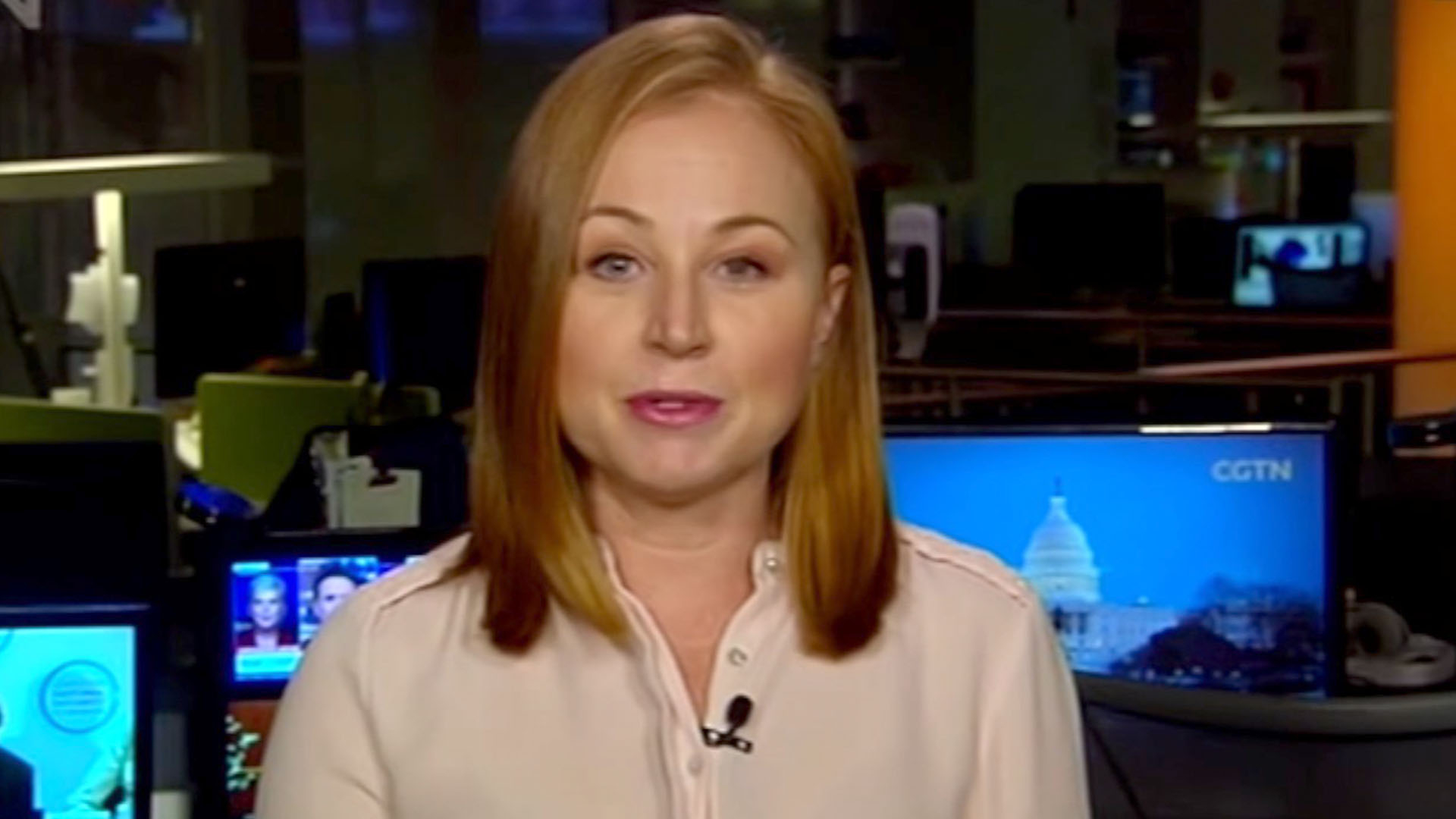
"There is also a potential fallout for the United States because Hong Kong, as you know, is on the mainland's doorstep. It's the gateway for American investors and companies to gain access to 1.3 billion consumers, and nearly 300 American companies had regional headquarters in Hong Kong in 2019," she said.
Given that the city's currency, the Hong Kong dollar, is pegged to the U.S. dollar, "fallout could be had on all sides," she said.
Experts analyze motivation behind the act
William Jones, Washington bureau chief of Executive Intelligence Review magazine, said Washington has a history of interfering into other countries' internal affairs. This time, their target is Hong Kong, one of the most important global financial hubs.
"The U.S. thinks it can weaken the Belt and Road Initiative in this way, and subsequently weaken China's influence through the initiative," Jones said.
Read more:
A timeline of U.S. interference in Hong Kong affairs
Trump sends mixed messages on US Hong Kong bill
01:15
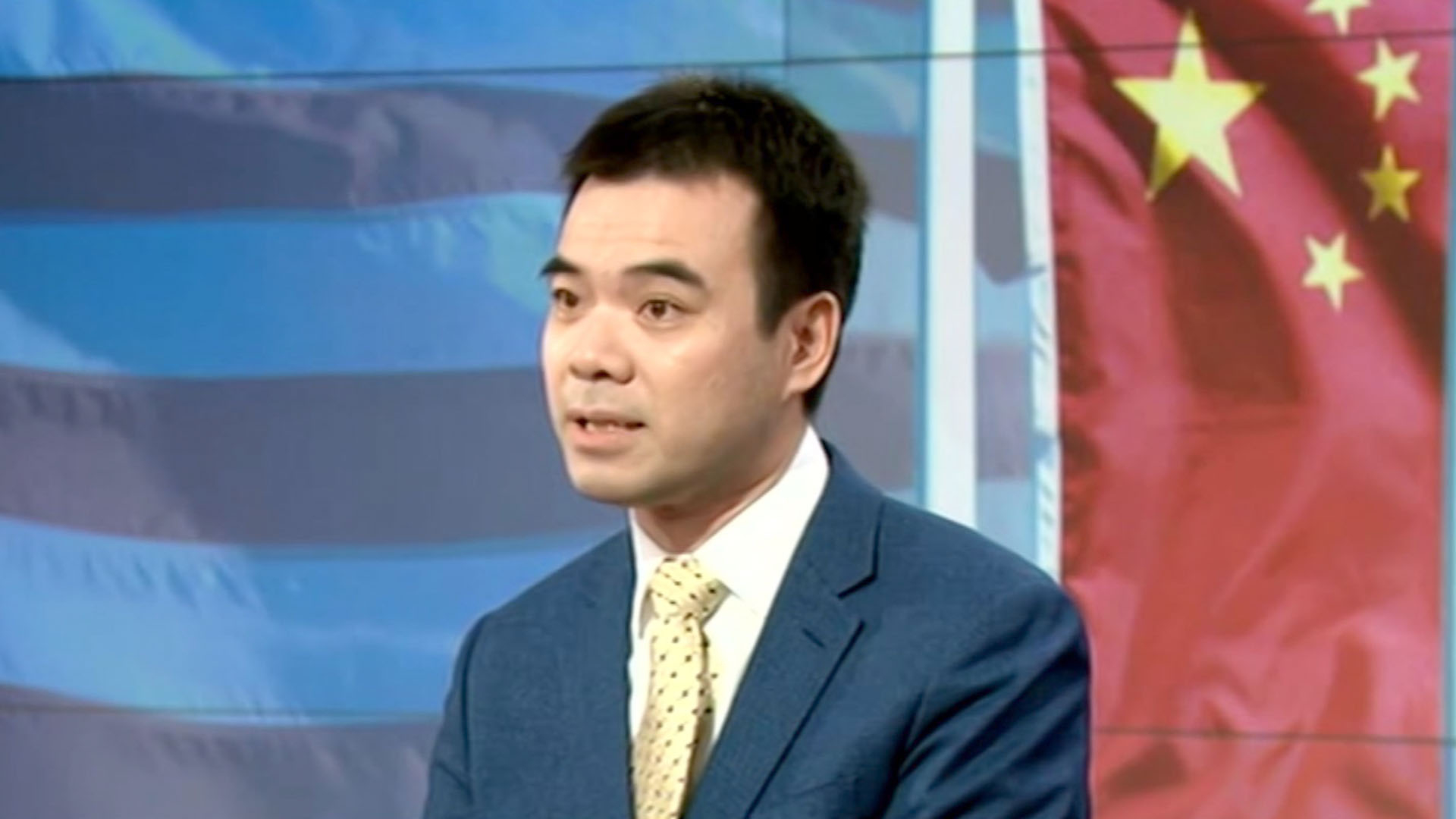
Professor Liao Fan from the Institute of International Law at the Chinese Academy of Social Sciences believes American politicians are using the confrontation to garner support for the U.S. presidential election, attempting to appear stronger than the opposing party.
"This is one of the most important reasons why this act came out exactly at this time," he said.
Bryan Brown, a American lawyer and member of the U.S. National Lawyers Association, has criticized Washington's move on Hong Kong, saying it was hypocritical in nature.
"I think it would be very interesting if the Chinese government had passed a form of legislation saying, 'Hey, well, mass shootings in high schools are terrible in the United States, you should do something about that,'" he said. "There's something wrong with that."